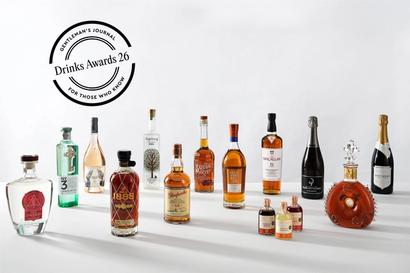
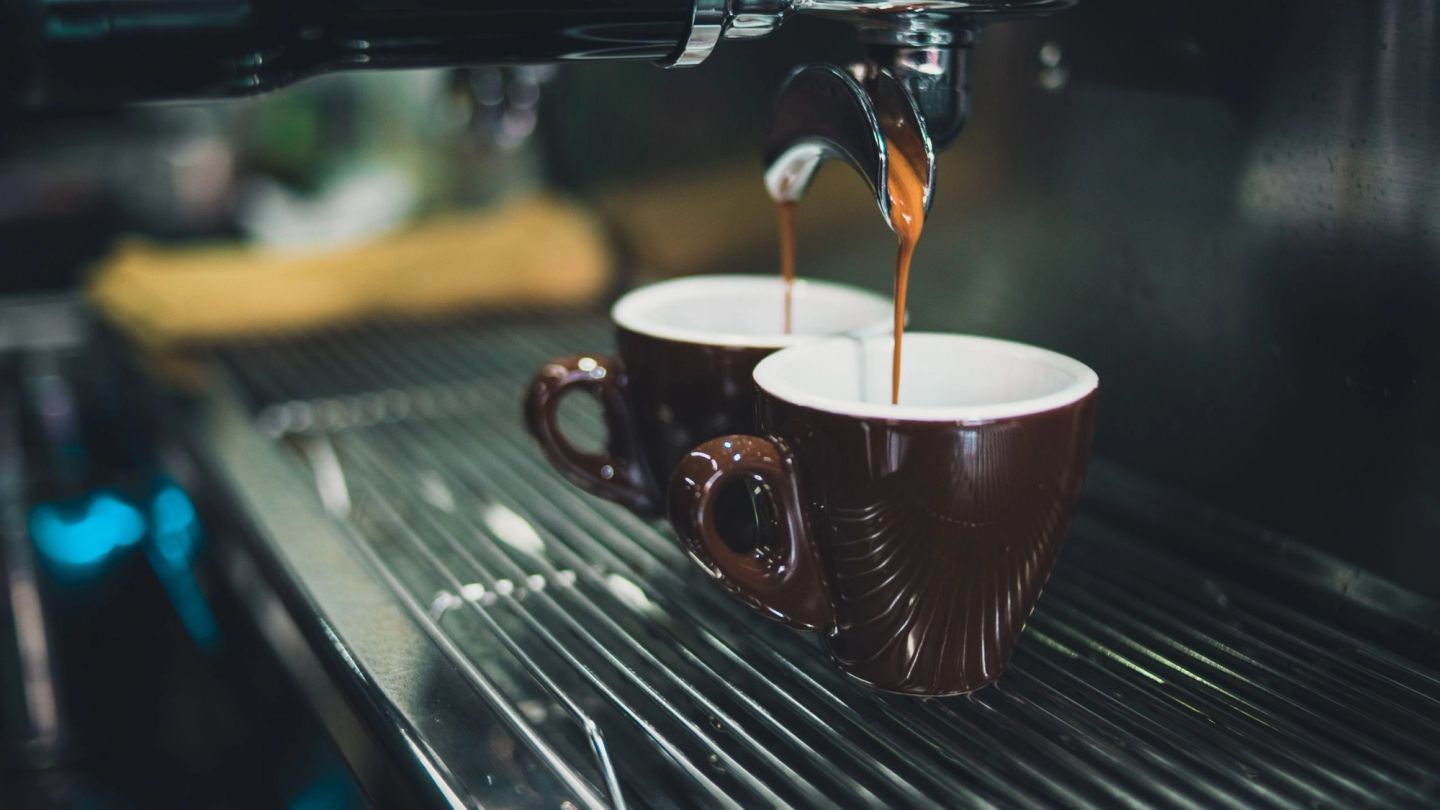
These are the health pros and cons of coffee, according to an expert
Ever wondered what exactly coffee does to the body — and whether it's good or bad for you? We spoke to The London Nutritionist to find out...
- Words: Izzie Price
It was J.B. Priestley who counted “waking just in time to smell coffee and bacon and eggs” as one of life’s greatest delights in his book: the aptly-named Delight. And how right he was. The smell of coffee is, surely, one of life’s greatest pleasures. Whether it’s waking in the morning to the gently wafting scent of your favourite blend, or rushing into a coffee shop to escape the rain and being hit with the incomparable smell of roasted coffee — there’s just nothing like it.
And it’s not just about the smell — ‘what coffee can’t do’ would be a pretty short book. Coffee can put a spring in the sleepy step; it can banish the woes of a fretful night’s sleep with just one sip. Its versatility knows no bounds; are you a flat white man? Or possibly you’re partial to a double espresso? Maybe you like to keep things simple, with the trusty, dependable filter coffee — or perhaps you’re a man of adventure, and not averse to a seasonal syrup or two? (If you’ve managed to resist the curious allure of the Gingerbread Latte, your willpower knows no bounds.)
Coffee is wonderful, yes; but over the years, it’s been subject to health scrutiny — in terms of both health benefits and concerns — more times than there are Starbucks chains. Is coffee good for you? Or bad for you? Or both? It’s become hard to know, with so much competing information — so we spoke to Jo Travers, The London Nutritionist and author of The Low Fad Diet, to establish just what, exactly, the health pros and cons of coffee really are.
How does the body respond to coffee?
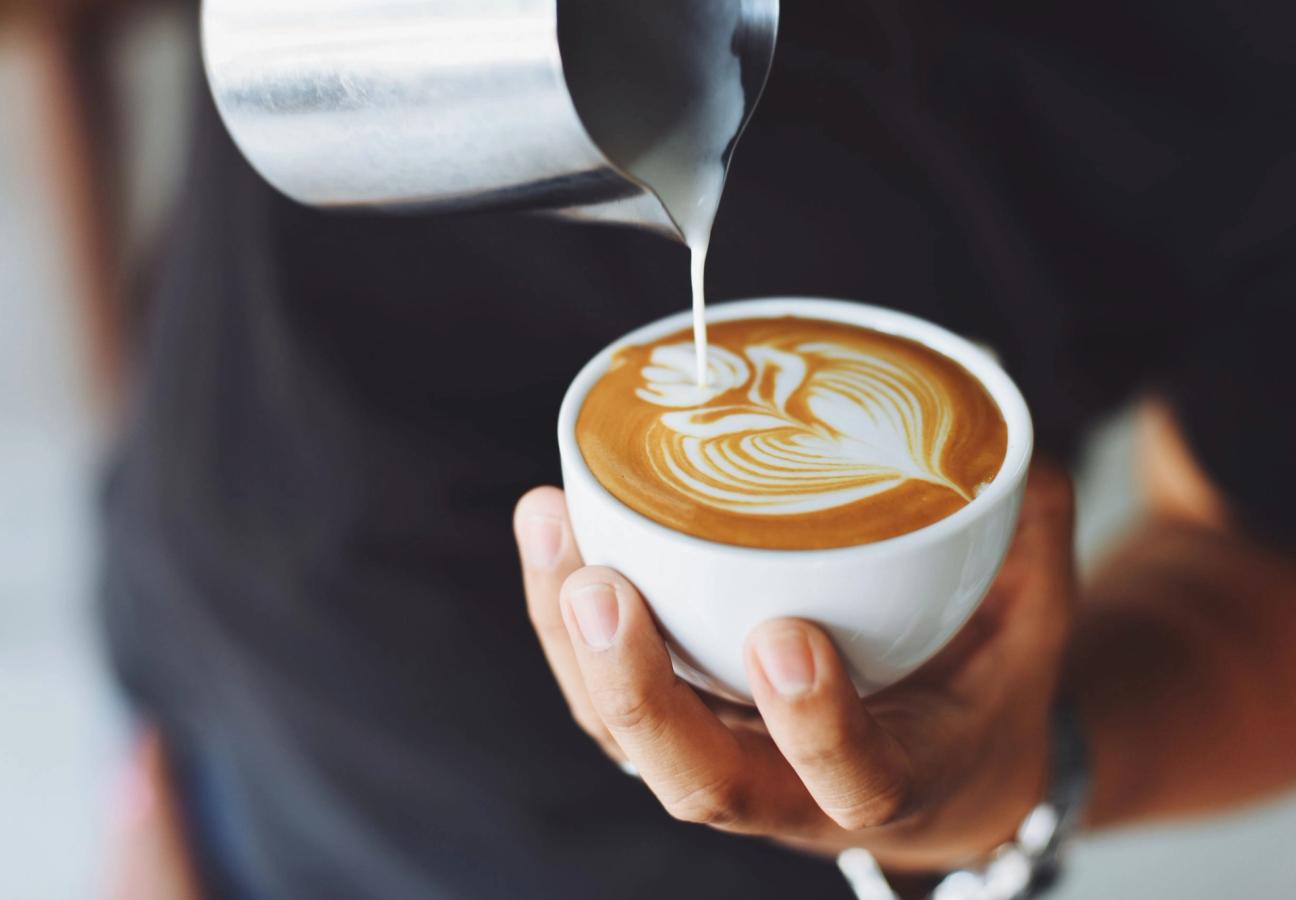
Let’s start with the basics. When we drink coffee, what exactly happens?
“The way our bodies react to caffeine depends a lot on our genes,” says Jo. “Some people are ‘non-responders’, meaning that they don’t really get any effect, but other people are extremely sensitive. Generally though, caffeine has its peak action after about 20 minutes — and this is when those people who respond to it will feel a little buzz, and [feel] more alert. After that, the body starts to break it down.”
It’s not all over and done with in those 20 minutes, though, as Jo explains. “Caffeine [has] a relatively long half-life and, in some people, may hang around in the body for up to two weeks,” she says. “This can mean that caffeine, in the medium term, can build-up.”
The health benefits of coffee are many and varied
“Lots of health benefits have been described [where coffee is concerned]: from decreasing risk of type 2 diabetes to dementia,” Jo explains. “This is likely to be because of the high antioxidant content (rather than the caffeine) which may reduce inflammation in the body and so may also lower the risk of other inflammatory conditions, like cancer and heart disease.”
And its benefits aren’t just focused on the long-term (though we certainly like the sound of reducing inflammation in the body); there are more immediate benefits, too. “Caffeine reduces the perception of pain and is often included in pain medication — but that is why it can be helpful if getting up for work in the morning is painful for you!,” says Jo. “It can also improve exercise performance and is one of only two legal ergogenic aids.”
And what about ‘non-responders’ — those who don’t experience any effect upon drinking coffee? “The non-responders may not get any of the pain-reducing benefits,” Jo clarifies: so if you don’t get much of a buzz upon drinking coffee, it’s best not to expect it to magically transform your early morning commute. Sorry, gents.
But it's best to be cautious; especially where sleep is concerned
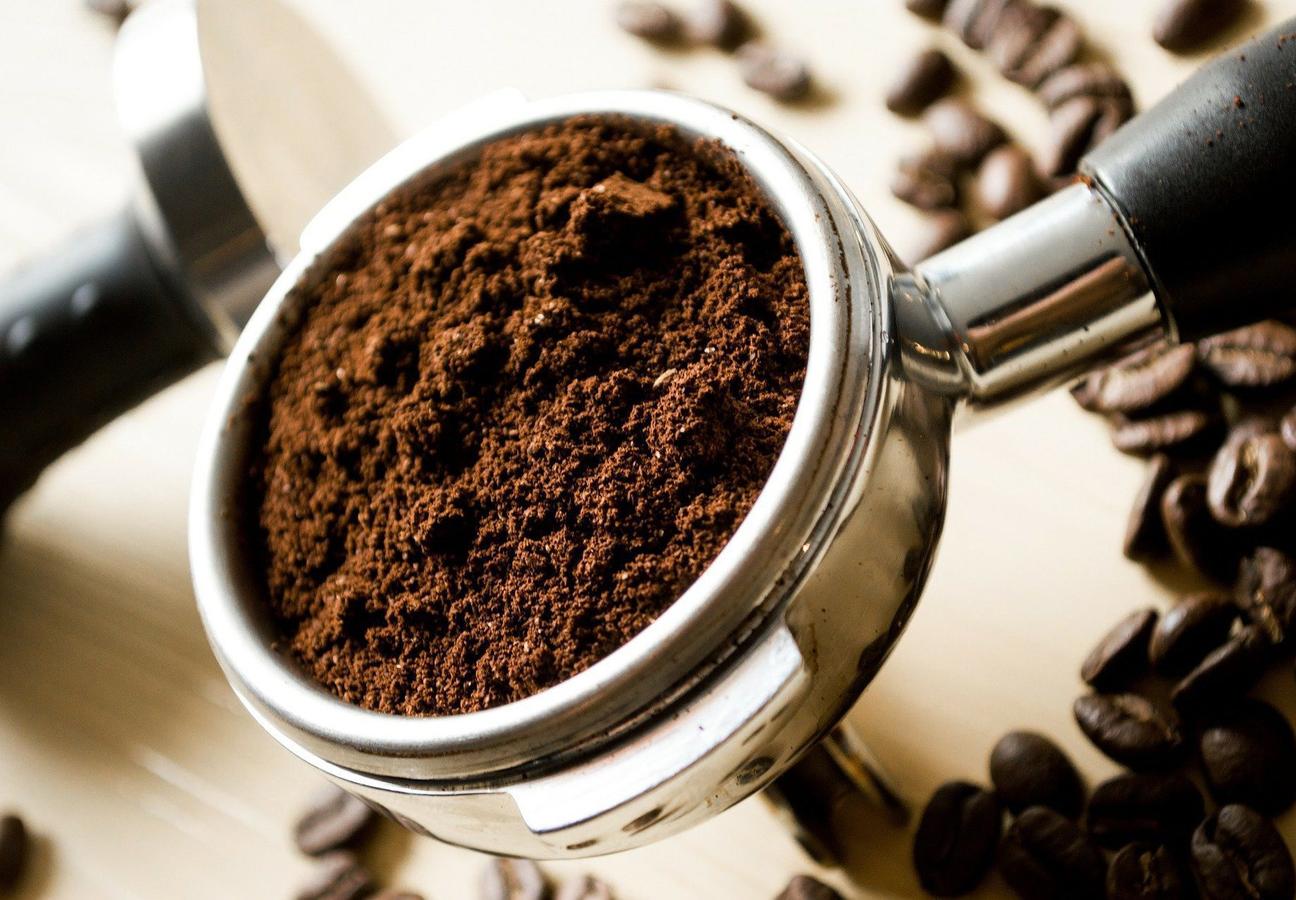
“There can definitely be some negatives to coffee drinking,” warns Jo, “although [this is] mainly down to the caffeine content rather than the coffee itself.”
The health concerns are mainly around sleep — and that’s something that can’t be taken seriously enough, as Jo points out. “If you drink too much coffee, it can cause insomnia; and the health risks of that far outweigh and benefits of drinking coffee,” explains Jo.
“For this reason: if you are having trouble sleeping, cut the caffeine down and have it in the mornings only — or, if possible, do a two-week caffeine detox to give your body time to break it all down.”
And then there’s the mental health element — coffee is known for inducing jitters and for sometimes increasing stress — and that’s not a myth. “Some people find [coffee] can make anxiety much worse,” says Jo. “If that’s the cse, avoiding caffeine is the best option.” If you find that coffee can induce an anxiety-filled stressful morning, you’d be better off sticking to peppermint tea, gents. Less of a buzz; but less of the stress, too.
And you should always bear in mind your own particular health where coffee is concerned; including any pre-existing conditions. “People with IBS, who get diarrhoea, may find that it makes this worse,” Jo points out. “Reflux may also be worsened by caffeine.”
And we've got some final parting (espresso) shots for you...
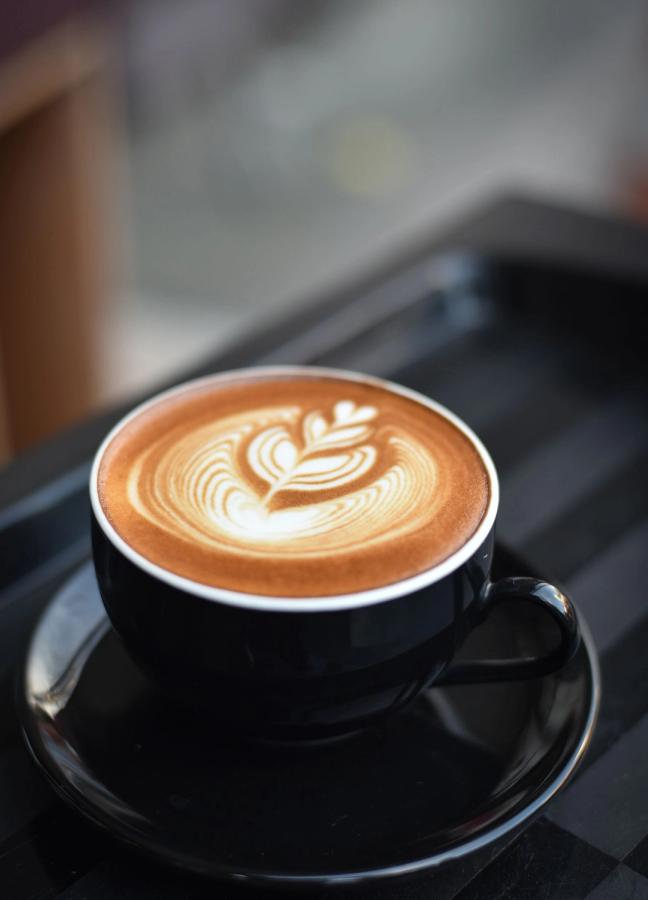
If you’re wondering what time of day is best for coffee, it’s morning, morning, and then morning again. “Definitely stick to morning consumption so that your body has time to break most of it down before bedtime,” Jo emphasises. It makes sense — as wonderful as coffee is, it’s not worth losing sleep over. Nothing is.
And finally: as with all forms of consumer consumption, it’s always worth thinking about how your coffee habits can positively (or negatively) affect both people and our long-suffering planet. “Try to buy FairTrade, ethical and sustainable coffee,” Jo impresses upon us, “because it’s one of the world’s worst commodities for exploitation of people and the environment.”
Enough said: keep it ethical, gents; even if it means looking a bit harder, or paying a bit more. After all, a gentleman should always put others before himself; and it’ll probably taste better, too.
Is it closer to lunchtime than coffee time? Well, these are the best Sunday roasts in London…
Become a Gentleman’s Journal member. Find out more here.
Further reading


Behind the Bubbles

